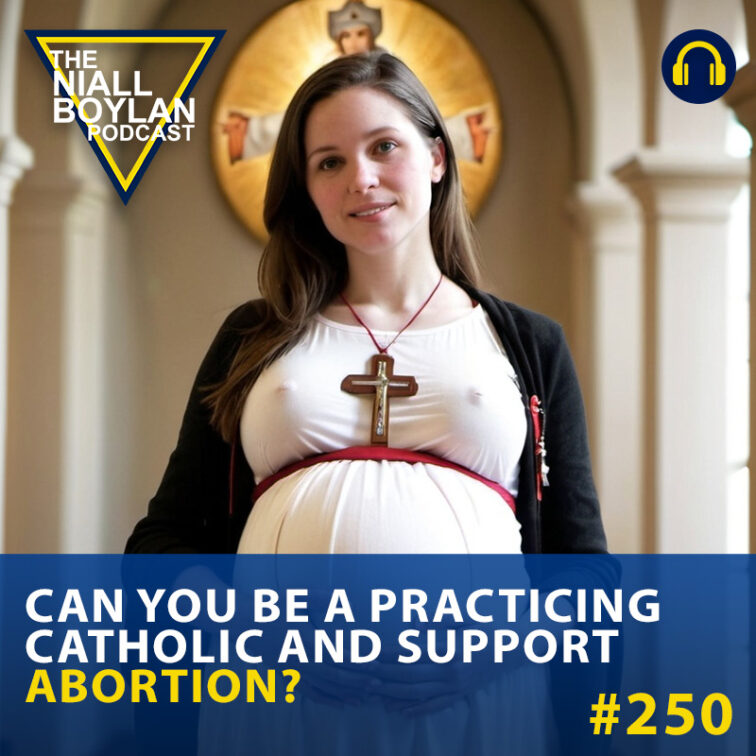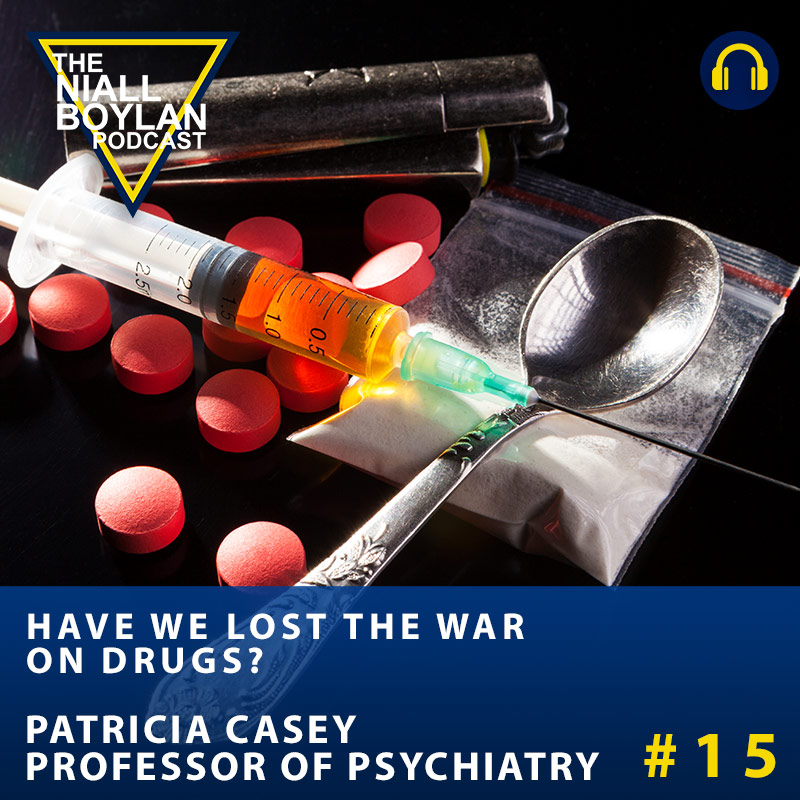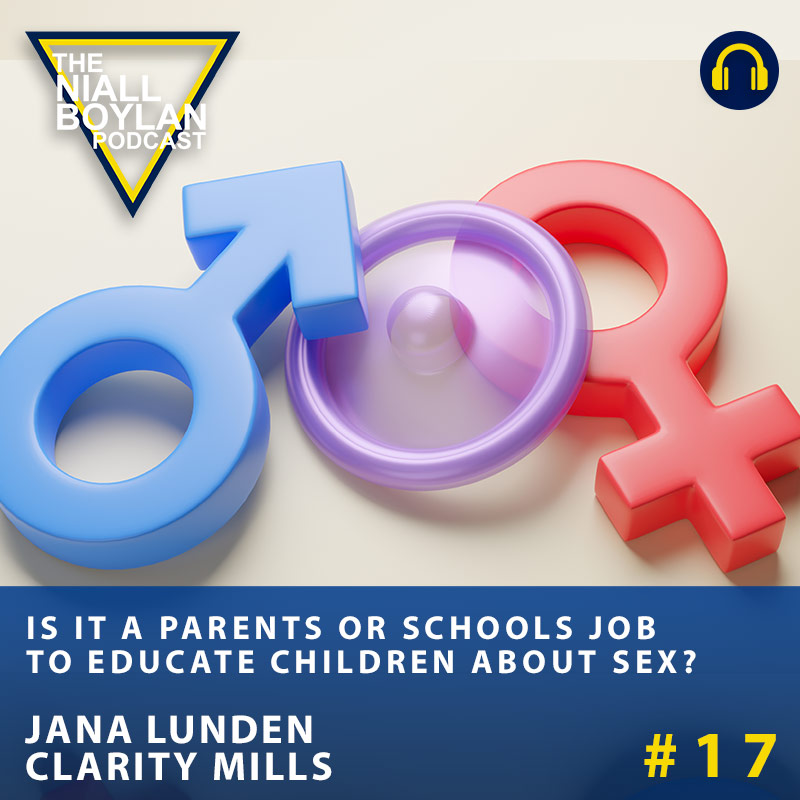
Can You Be A Practicing Catholic And Support Abortion? Episode 250
-
play_circle_filled
Can You Be A Practicing Catholic And Support Abortion? Episode 250
Niall Boylan
In this episode, Niall asks: Can you be a practicing Catholic and support abortion? The topic arises from a recent news story involving TD for Cork North-Central, Colm Burke, who was denied communion by Father Gabriel Burke due to his stance on abortion. This incident, which occurred during a funeral in Whitechurch, Co Cork, has sparked a significant debate.
Describing the event, Colm Burke said, “He gave me a blessing. I advised him that I was here to receive holy communion, and he said you are not getting holy communion. He then leaned forward and said, ‘You have been excommunicated’.” This incident has prompted Burke to seek clarification from the local diocese about his status within the church.
The Association of Catholic Priests condemned the actions of the priest, stating that it is not the role of a priest to judge the conscience of another person and emphasizing that abortion is a complex matter. Public representatives are tasked with balancing the rights of the unborn child and the decision-making rights of the mother.
Some callers fully support the priest’s decision, arguing that practicing Catholics must adhere to the Church’s teachings on abortion. Allowing politicians who support abortion to receive communion, they say, sends the wrong message about the faith’s stance on the sanctity of life. “The Catholic Church has clear teachings about abortion, and it’s within the priest’s rights to withhold communion from those who publicly oppose these teachings,” one caller states.
Other callers feel that religion should be about compassion and understanding. Denying communion, especially at a funeral, is seen as a harsh and public judgment. “It’s not the place of the priest to excommunicate someone based on their political stance,” one caller argues. They believe the Church should guide and support its members rather than shame them publicly, recognizing the complexity of the issue and trusting individuals to reconcile their beliefs and actions with their faith privately.
Niall wraps up the discussion by reflecting on the diverse opinions and the broader implications for the relationship between personal beliefs, religious practices, and political responsibilities.








